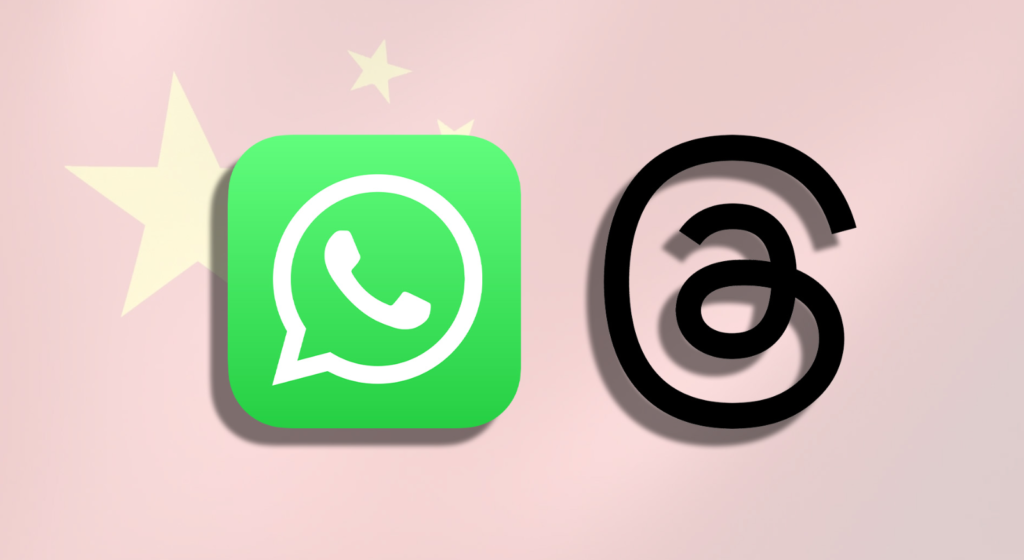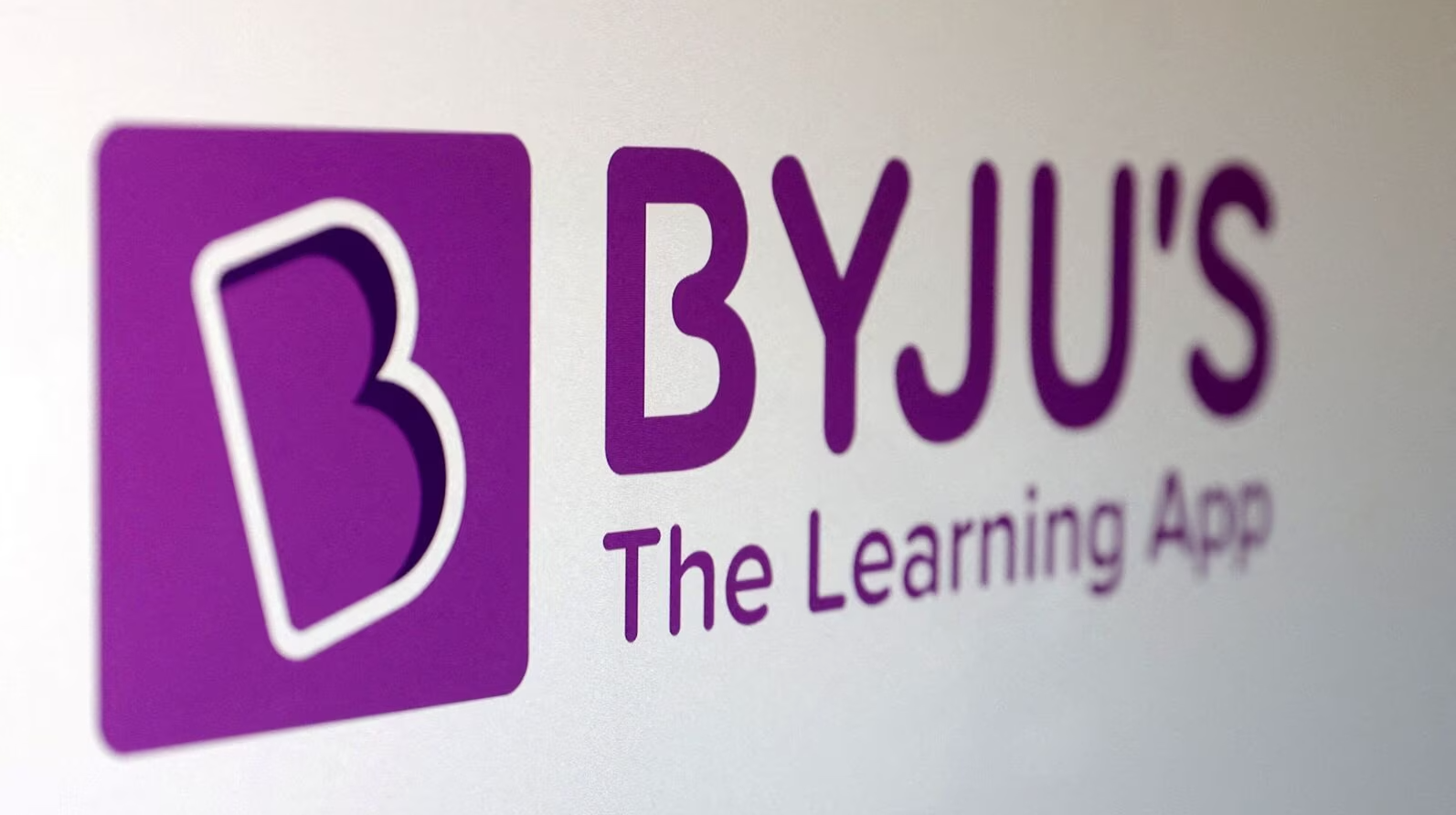In a move that underscores the delicate balance between global tech giants and national security concerns, Apple Inc. has removed Meta Platforms Inc.’s WhatsApp and Threads from its China app store. The decision came after an order from the country’s internet regulator, which cited risks to China’s security.
Chinese regulators initiated a cleanup program in 2023. The program aimed to eliminate defunct or unregistered apps from domestic iOS and Android stores. While foreign social media platforms like WhatsApp were already largely inaccessible in China without circumvention tools, their removal from the app store will further restrict users’ access to international content.
Statement from Apple
Apple’s statement emphasized its commitment to following local laws: “We are obligated to follow the laws in the countries where we operate, even when we disagree. The Cyberspace Administration of China ordered the removal of these apps from the China storefront based on their national security concerns. These apps remain available for download on all other storefronts where they appear.”
The move against American tech services occurs as the U.S. government takes steps toward a potential ban on TikTok, the popular video app owned by Beijing-based ByteDance Ltd. U.S. politicians have raised national security concerns, urging TikTok to either sell to a non-Chinese owner or face a ban in the U.S. market.
China’s action also aligns with its broader efforts to tighten controls across cyberspace. In August, the Chinese government required all mobile app developers to register, aiming to counter telephone scams and fraud. The Ministry of Industry and Information Technology (MIIT) is now supervising these filings and taking action against unregistered apps. Developers must also handle “illegal information.”
The removal of WhatsApp and Threads from the China app store highlights the delicate dance tech companies perform in balancing global reach with compliance to local regulations. For Apple, China remains a critical market, both as its largest consumer base outside the U.S. and its primary production hub.
As the TikTok divestiture legislation looms, Apple’s decision underscores the complex interplay between national security, business interests, and the digital landscape. The Wall Street Journal first reported the removal, and a Meta spokesperson referred to Apple’s statement





































